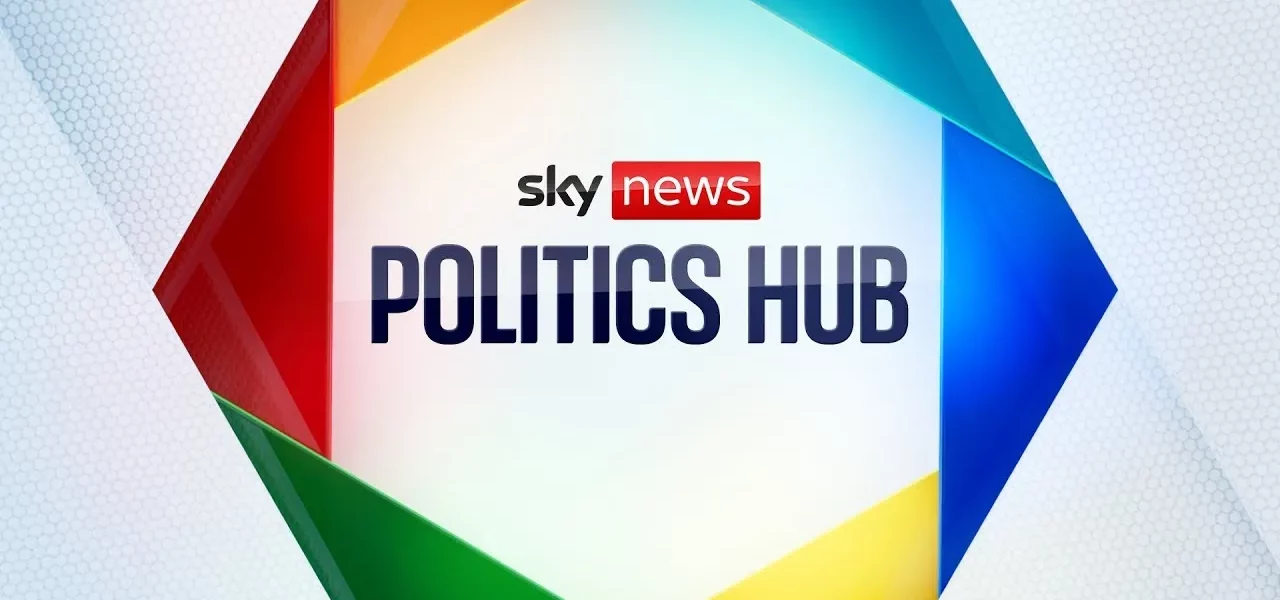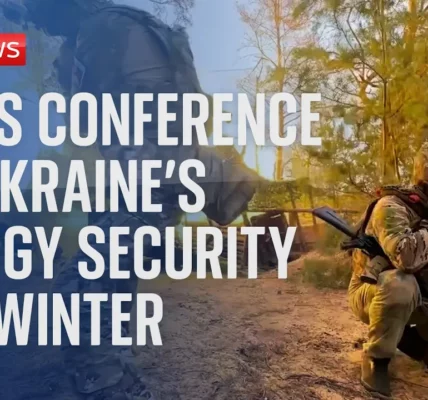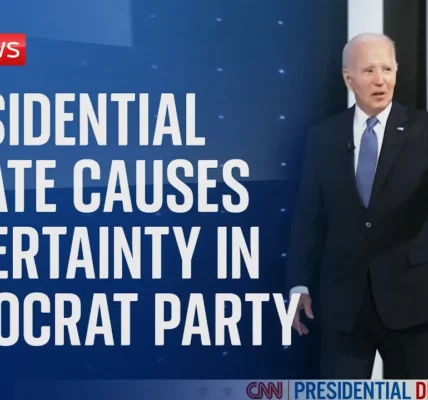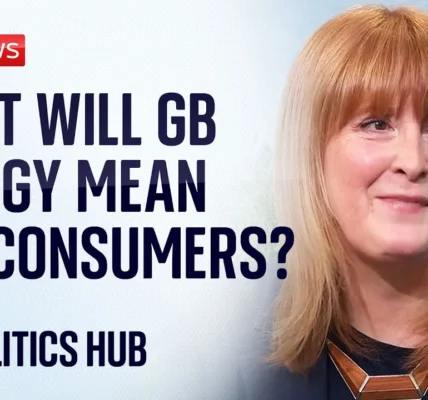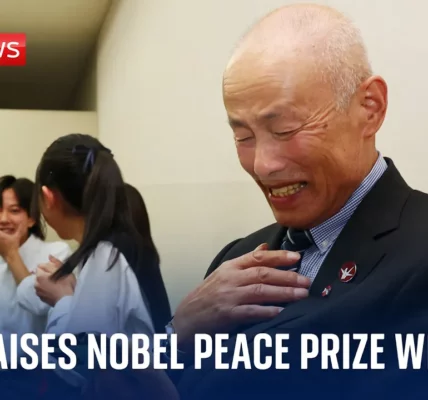Political Developments: UN Addresses and Calls for Ceasefire

This article provides a detailed overview of the latest political developments surrounding the ongoing Israeli-Palestinian conflict, international reactions, and the implications for UK politics as leaders address the United Nations.
Introduction
The political landscape is rapidly evolving as world leaders gather in New York for the United Nations General Assembly. Amidst ongoing Israeli air strikes in Lebanon, the call for a ceasefire in the Middle East has gained momentum. This article delves into the current state of affairs, examining the responses from key figures, the implications of diplomatic efforts, and the political ramifications in the UK.
Current Situation in the Middle East
The situation in the Middle East remains tense, with Israeli air strikes continuing in Lebanon while global leaders convene in New York. Prime Minister Benjamin Netanyahu has firmly stated his commitment to military action against Hezbollah, despite international calls for a ceasefire.
Netanyahu’s Stance
Netanyahu has instructed his military to fight at full force, dismissing the proposed ceasefire deal. He emphasized that military operations will continue until Israel’s objectives are met, particularly the safe return of residents in northern Israel.
Palestinian Leadership’s Response
In contrast, Palestinian President Mahmoud Abbas addressed the UN, urging immediate action to halt what he described as genocide against civilians in Gaza. His call for international intervention highlights the stark differences in the narratives surrounding the conflict.
International Diplomatic Efforts
As the violence escalates, diplomatic efforts have intensified, particularly from the United States, the United Kingdom, and European nations, advocating for a 21-day pause in hostilities.
Joint Statements and Proposals
- Emergency meetings of the UN Security Council have taken place, with leaders urging for a political solution.
- A joint statement from G7 countries proposed a ceasefire, but so far, the response has been met with skepticism from Israeli leadership.
Challenges to Diplomacy
Despite these efforts, the Israeli government appears to have distanced itself from any commitment to pause military operations, leading to questions about the effectiveness of international diplomatic channels.
The UK Political Landscape
As the Middle East conflict unfolds, the UK political scene is also in flux. Leader of the Opposition, Keir Starmer, is set to address the UN, advocating for responsible global leadership amidst these crises.
Starmer’s Upcoming Address
Starmer’s message is anticipated to emphasize the need for a cohesive international response to the conflict, although the effectiveness of his address remains uncertain.
Internal Party Dynamics
The issue of party funding and donor relationships is also under scrutiny, particularly concerning the wealthy donor Lord Ali, whose connections to the Labour Party have raised ethical questions.
Potential Consequences and Future Outlook
The ramifications of the current political discourse extend far beyond the immediate crisis. How leaders respond to these challenges will significantly influence public perception and future electoral outcomes both domestically and internationally.
Calls for Ceasefire and Its Implications
A ceasefire, if agreed upon, could pave the way for humanitarian aid and ease tensions in the region. The public’s demand for accountability and responsible leadership may also reshape political strategies moving forward.
Impact on UK Politics
The upcoming Conservative Party Conference will likely focus on the party’s response to these international developments, with leadership candidates needing to address public concerns regarding the government’s foreign policy stance.
Conclusion
The current political climate highlights the complexity of international relations and the necessity for effective diplomacy. As key leaders prepare for significant addresses at the UN, the world watches closely to see if any meaningful resolutions will emerge from the discussions. It is crucial for the UK government to navigate these challenges with clarity and purpose, fostering a stable political environment domestically while advocating for peace abroad. For more insights on political developments, stay tuned for our upcoming articles.
“`
